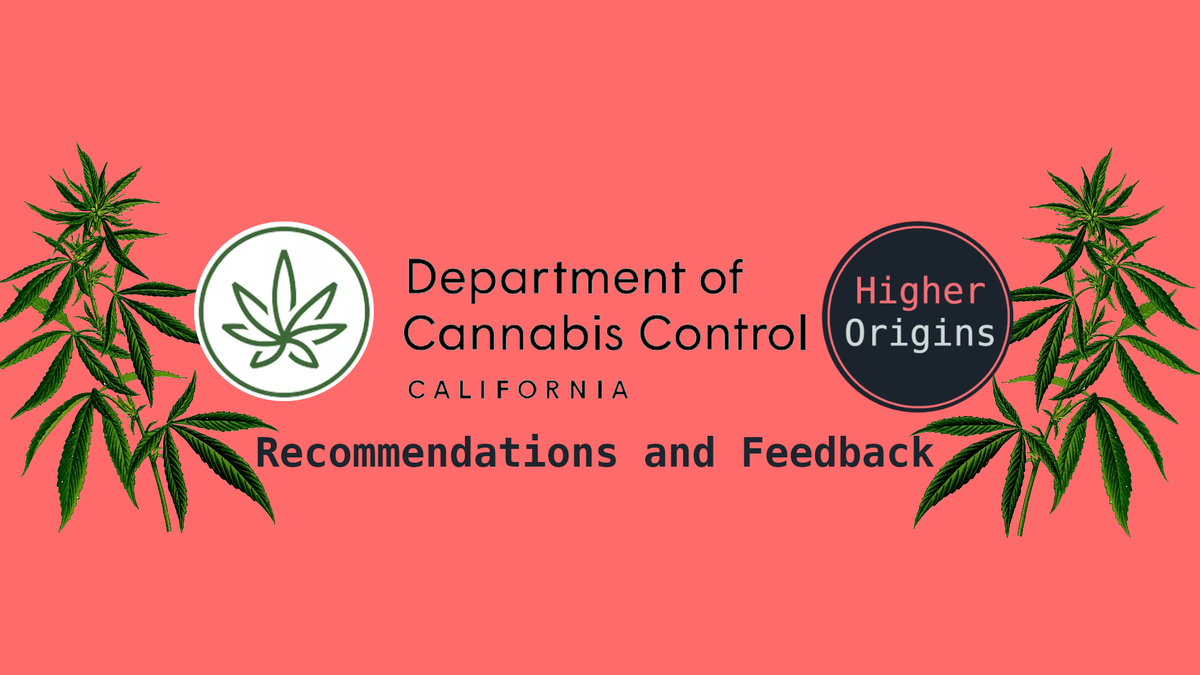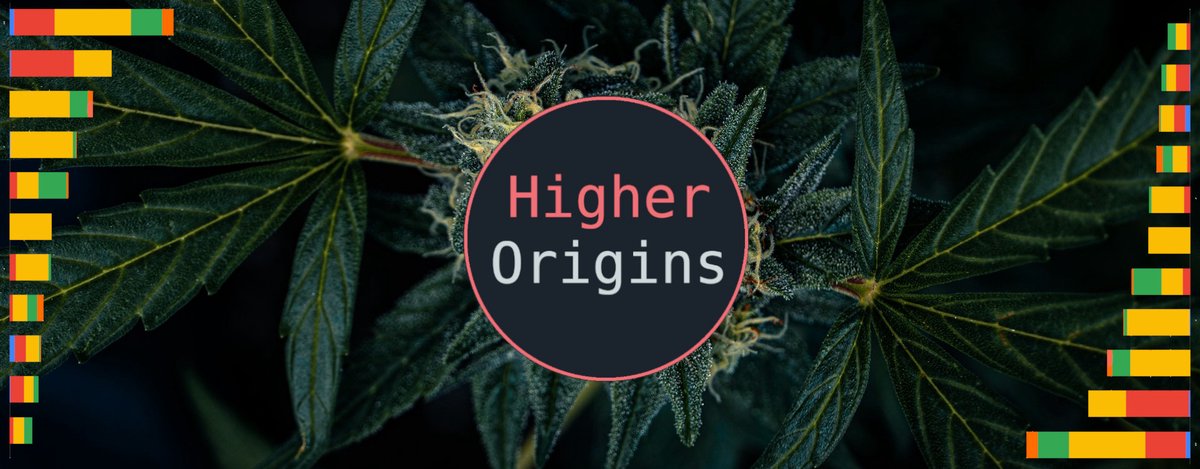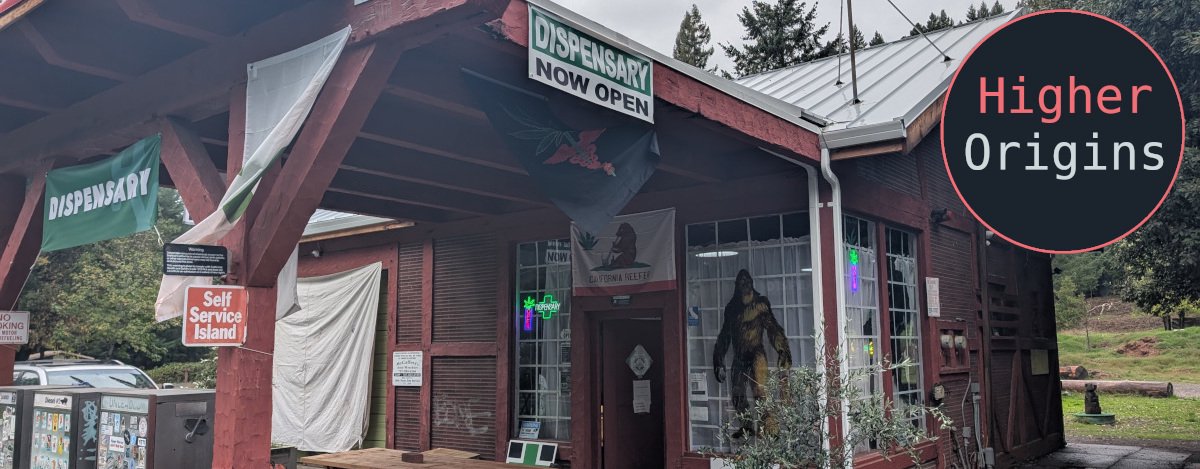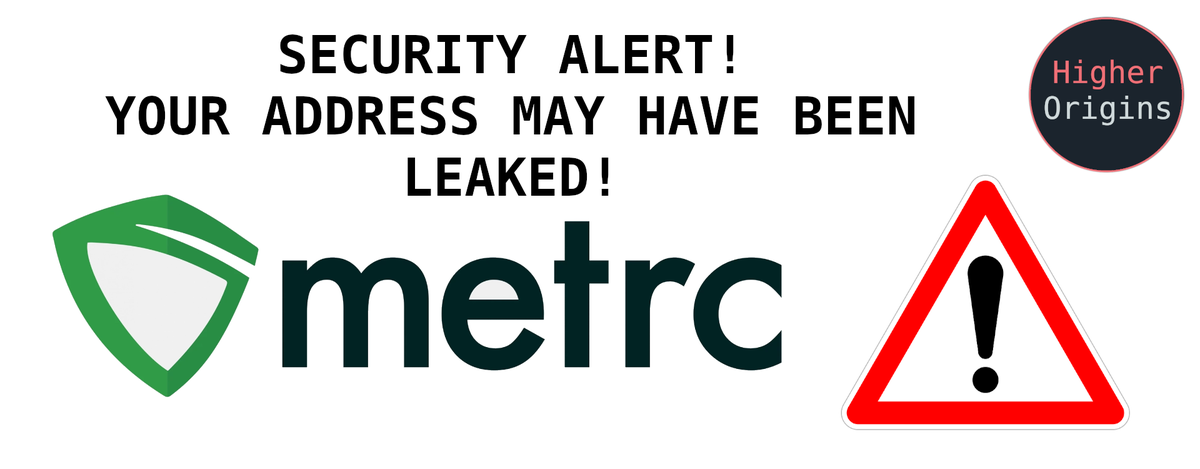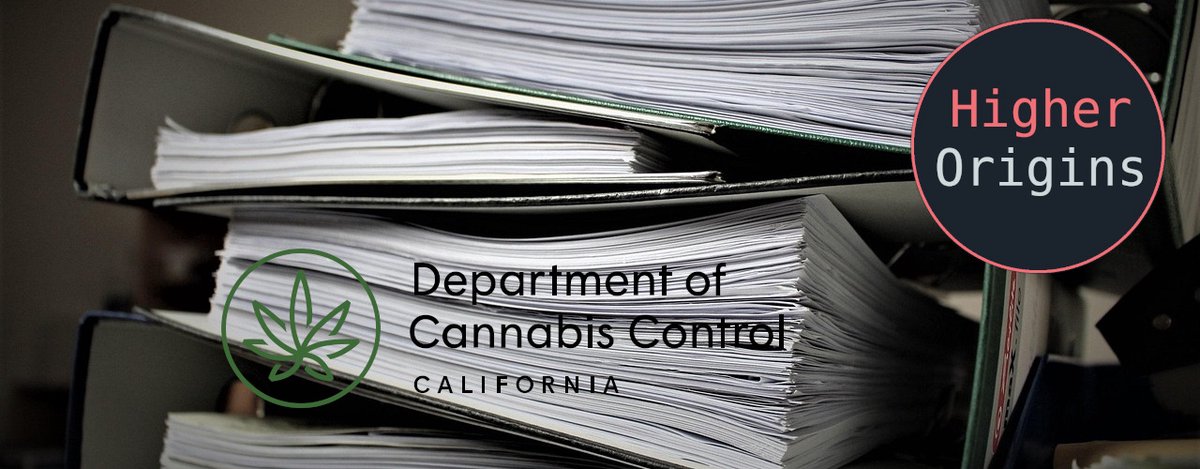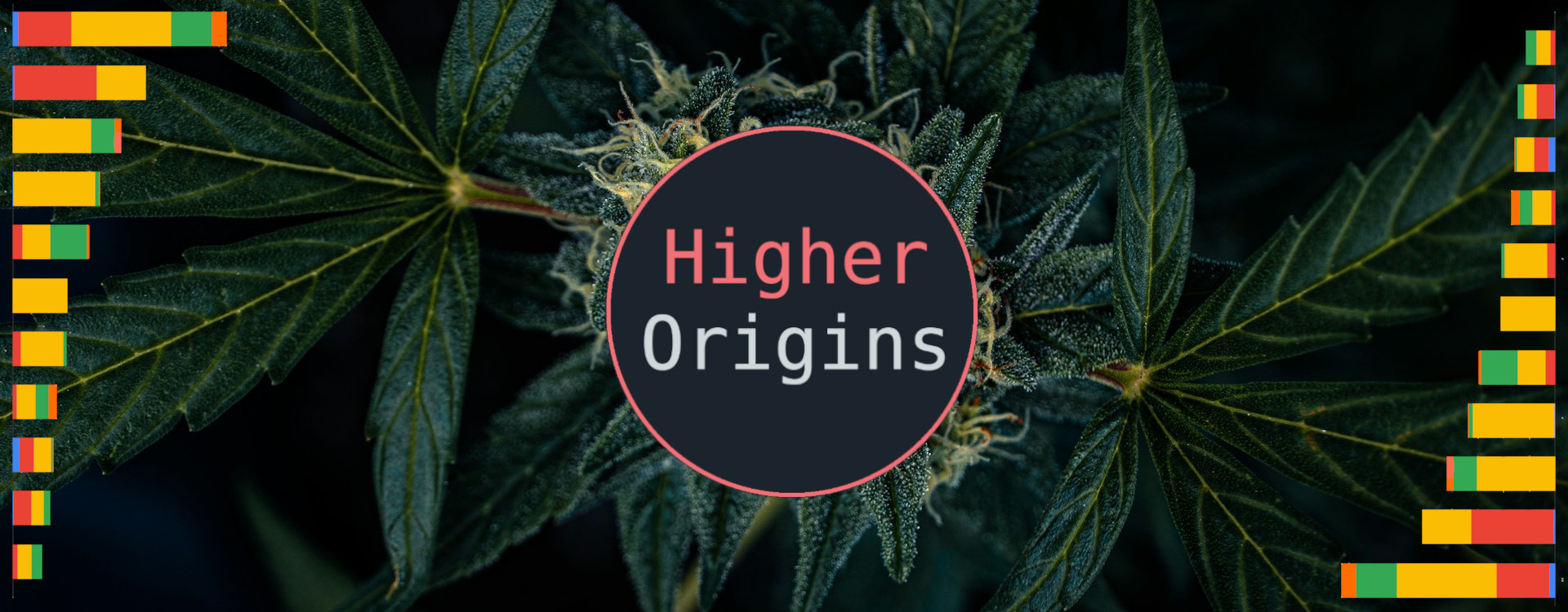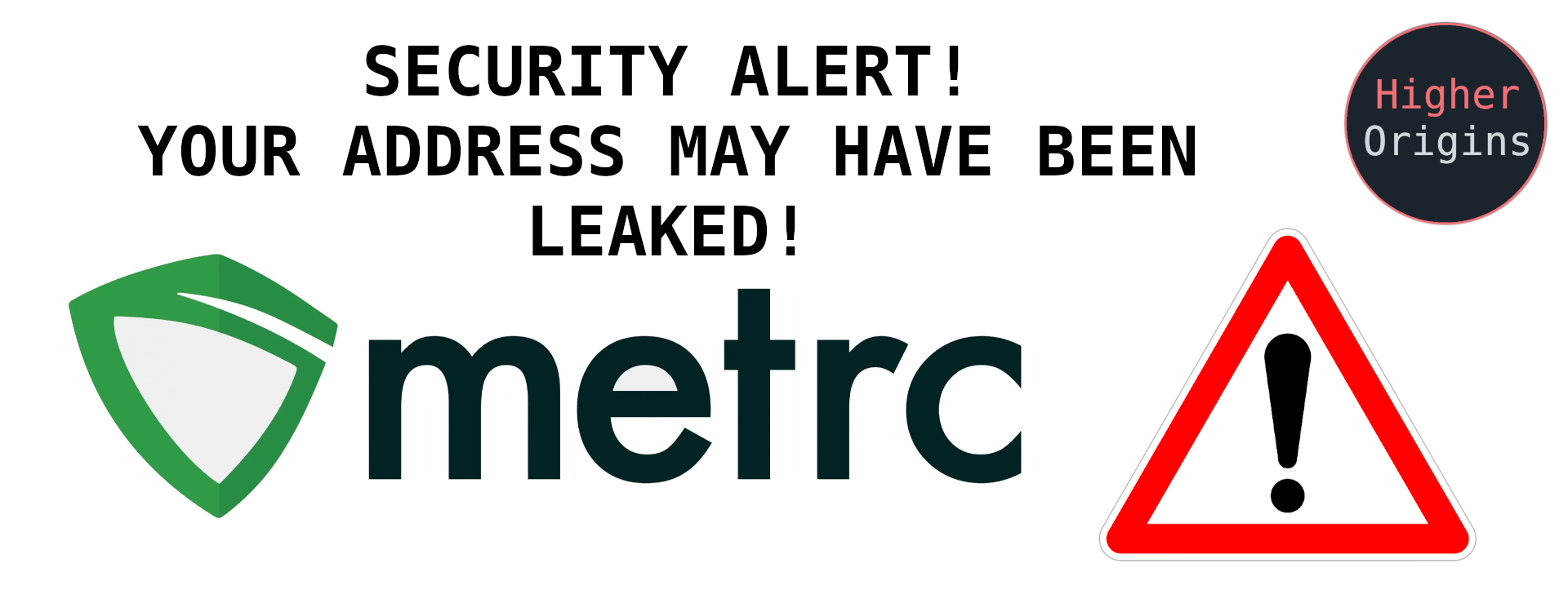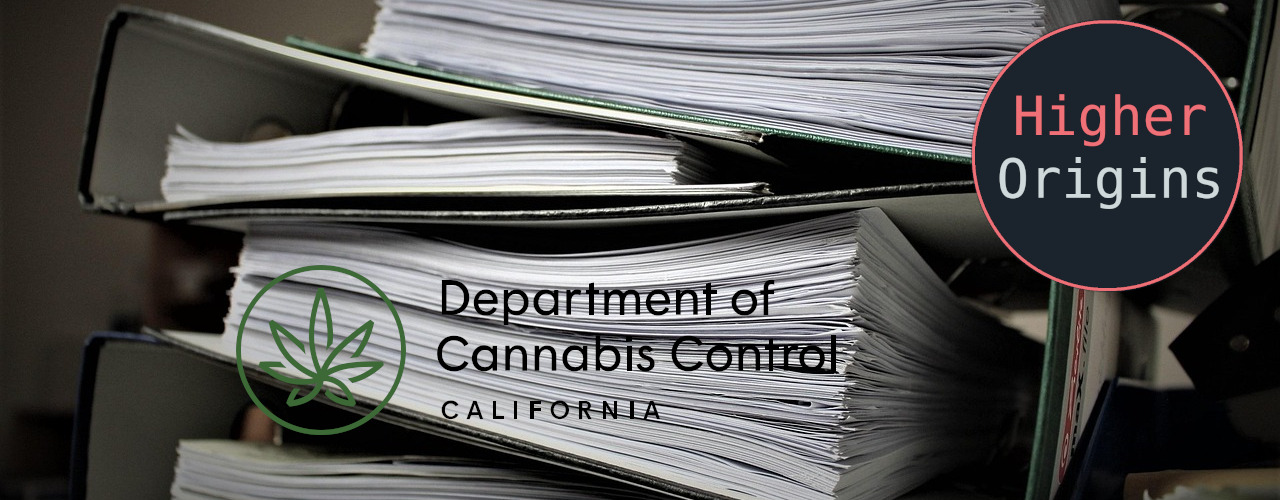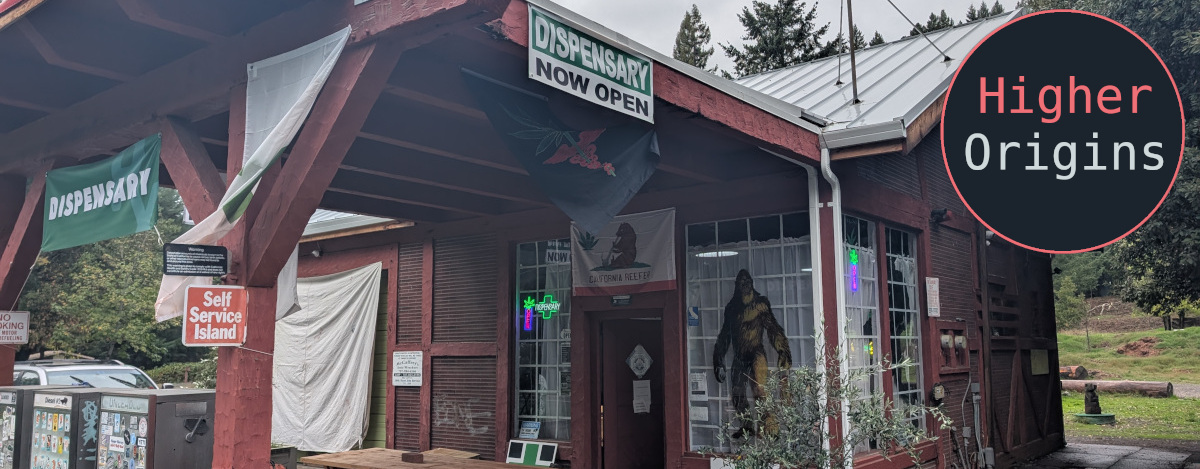Recently, the California Department of Cannabis Control (DCC) released a strategic plan of their goals through 2025. You can read the full plan here. This plan is a pretty standard government release, with pretty graphics and careful bureaucratic wording that you can interpret to mean something important -or nothing at all. There are no quantifiable goals (EG; “we will increase X statistic by Y%”) listed anywhere in the plan. What it does include are four major qualitative strategic priorities. In this article, we will comment on each of these priorities and provide alternative recommendations where we disagree with their approach. This can be considered an open letter to the DCC.
DCC: This article is for you! Let us know what you think! Call us, email us, call us out, correct us, let’s communicate. Our doors are open to have a frank and transparent discussion with you. We’re looking at the same data you are, we’re representing the same people you’re regulating, we’re growing the same weed you’re taxing. Just because we’re irreverent cannabis nerds doesn’t mean we’re not willing to work with the State.
Priority No.1: DEVELOPMENT
“Develop a legal, sustainable, and equitable cannabis framework for California. To continue to develop California’s cannabis framework, the Department will further establish structures that inform its assessment and development of meaningful regulatory policies.”
Strategies to Achieve Priority #1:
Develop meaningful regulatory policies that are informed by data, science, and partner input.
The DCC has all the data it could ever want. The mandated METRC track and trace system has created a full data log of the entire legal industry (stay tuned for an upcoming deep dive on METRC!). Likewise, as part of the State government, the DCC has access to law enforcement records, tax data, and public health data. Add to that the research capabilities of the University of California scientific departments, and input from a variety of partners, it is clear that the one thing they don’t lack is information.
Our recommendation: If they want to take a scientific approach, they should realize that science is based on the concept of repeatable results and controlling one or two key variables. Strive to recreate the proven and repeatable regulatory models seen in other industries and focus on the two main variables of legal market access and product shelf testing to ensure consumer safety.
Incorporate equity in all facets of policy and programmatic development.
They are a long way from achieving this. Simply put, local government control of equity funds, ridiculously inflated fees, and zero-value-added compliance bureaucracy have made the industry disproportionately inaccessible to those without massive stacks of cash. If the core groups of people who launched an economy cannot afford to participate, it is not equitable.
Our recommendation: Limit local governmental control over fees and licensing, slash or eliminate all licensing fees either across the board or by license size and reduce compliance requirements to a level more comparable to that of non-cannabis agriculture.
Share information through digital tools and campaigns to educate the public and inform partners on market trends, consumer behavior, and impacts of legalization.
The DCC has data on every legally tracked cannabis transaction to date, and they hold a monopoly on this kind of information. The problem is that this data is very messy due to inconsistent reporting and METRC’s poor data input controls. Given their limited manpower and funds, the DCC probably can’t afford to produce any data beyond very high-level observations like the ones they currently share, leaving it up to companies like Higher Origins to crunch the numbers for them (not that we mind!)
Our recommendation: Focus on that last bit: “the impacts of legalization”. This is the report we want to see: a multi-agency report that includes law enforcement data on busts of illegal cannabis operations, public health data that shows rates of addiction-related incidents from substances that cannabis provides an alternative to, and tax revenue from alcohol, addictive pharmaceuticals, and tobacco in areas that allow legal cannabis sales. A report like this would function as a real report card to see if California has reaped the purported public health benefits of legal cannabis, and if they’ve managed to create a viable economic competitor to the illegal industry. Look at the big picture, and then act on what it shows.
Advance California’s knowledge of the latest scientific, policy, industry, and market trends by developing strong cross-governmental partnerships on the international, federal, state, and local level.
Really, this point just highlights what we have already said- more holistic decision making based on the big picture of law enforcement, public health, and economic impact on competing industries that cause scientifically proven societal damage. This would require expanded partnerships throughout the government and beyond. If we must have overlords, we would at least want them to be as informed and organizationally flexible as possible.
Priority No.2: IMPLEMENTATION
“Implement and refine meaningful equitable policies and programs. The Department will continue to implement policies and programs and monitor their performance to ensure that California's cannabis industry is regulated in an equitable and efficient manner.”
Strategies to Achieve Priority #2:
Assess and streamline processes and requirements to create a more effective and efficient licensing, compliance, and enforcement framework.
This is a meaningless statement unless they publicly share their criteria for assessment and can quantify if their “streamlining” helped.
Our recommendation: We want to see statements like “Last year there were X equity licenses operating profitably, and this year there are Y equity licenses operating profitably. Research has shown that the main obstacle to equity licensing is delays in Z department, so we have allocated an additional X% of budget to department Z to hire more bureaucrats to accelerate this process.” Spell it out for us. Give us a report card. Publish SMART goals. You can’t measure progress without a reference.
Work with local jurisdictions to identify mechanisms to strengthen and streamline local cannabis permitting programs and processes.
Will working with local authorities come with any form of consequences for local governments that actively sabotage or obstruct the licensing process? Or will that just involve giving them more taxpayer money that disappears into the pockets of consultants and officials that chronically fail upward?
Our recommendation: We don’t see many clear options here. Prop 64 allows local control over licensing, and the DCC is a small department with little enforcement power against local governments. The State hates to strongly intervene in local jurisdictions without judicial pressure, and the greater political calculus of partisanship and interest groups generally makes the idea of forceful control of local governments over a smaller and politically sensitive issue like cannabis to be unappealing to any career-oriented official. We cannot see the local obstructionist problem solved without either a landmark well-funded lawsuit forcing State intervention, or another Proposition passing.
Support policies and programs that expand access to licensed operators, reduce barriers to entry, and increase access to legal cannabis goods.
Our recommendations: This is the meat and potatoes of the entire plan.
Specialty Licenses should be zero cost. Slash or eliminate costs across lower tier permits, and increase permit costs for medium-sized & large permits.
Adopt a licensing requirement structure like that of standard fruit/vegetable farming.
Allow direct-to-consumer sales by cultivators.
Do everything possible to reduce local obstruction and overcharging of licensees.
Cancel the state’s contract with METRC and adopt a simplified track and trace system. This new system should be internally developed based on the specific needs of the reports that the State actually uses, operate on a standardized CSV/reporting format, and allow third parties to submit generated CSV’s on behalf of licensees.
Remove the mandated Distributor model.
Equip licensees and local jurisdictions with information to support licensee compliance.
This is a major obstacle because there are very few solid rules for how things must be done. County officials are guessing and making rules based on that, METRC allows multiple ways to enter and represent data, and many things are left up to the discretion of the auditor's interpretations.
Our recommendations:
Clearly codify all rules within a published code.
Standardize any data entry whether it is through METRC or otherwise, with software controls on what can be entered where, when appropriate.
Greatly expand support services to provide on demand support.
Conduct consistent and fair compliance measures to strengthen and stabilize the licensed market.
Compliance is not what will strengthen and stabilize the licensed market. What will stabilize the market is reduction of costs and restrictions on market access. This point makes it seem like they think that compliance and stability are the same, which is a false assumption.
Another thing in this point that really stands out is the use of the word “Fair.” The DCC wants to operate this incredibly restrictive and unprecedented level of regulation and taxation on this industry, far more than anything that applies to any other agricultural industry, and they have the cajónes to talk about fairness? Now that’s audacity. Check yourself. You’re the government, you’re in charge, but don’t try and sugar coat this horse pill you’re shoving down our throats, it’s fundamentally unfair.
Our recommendation: If you want to do something compliance-related that contributes to stability, use a compliance model with a realistic level of reporting, rigor, and cost. The Department of Agriculture has plenty of time-proven models that you can copy, so does the FDA.
Execute a multi-pronged, statewide enforcement strategy on unlicensed operators to disrupt illegal operators.
This gets into the philosophical debate over whether the internal priority is locking people up or reducing the actual number of illegal operations. The prison industrial complex is a whole separate article that we are not going to get into right now however, so let's just give the DCC the benefit of the doubt here and assume they’re not actually wanting to have more people behind bars for weed.
Through legalization, the state replaced the Cartels as the largest organized cannabis production authority. Then, they immediately incentivized people to continue to operate illegally by making the legal market prohibitively expensive. This is really a cost-benefit-analysis: Will the state lose more money by funding police paramilitary enforcement actions against unlicensed operators, or will they lose more money by slashing their fees and letting more people enter the legal market at an economically viable price point? Keep in mind that legal operations produce tax and fee revenue, and cops kicking doors down do not. Also keep in mind that you cannot eliminate illegal cannabis operations entirely, and that until Federal legalization, it will always be profitable to smuggle California weed across the country and sell it in other states and countries.
Our recommendation: If you want to reduce and disrupt legal operators, make it economically more feasible to run a legal business. We would like to see the DCC publish an independently reviewed report on the Cost-Benefit-Analysis of enforcement vs legal market access. What’s the cost benefit of keeping a constituent in jail for running an illegal operation vs a constituent free and running a legally taxed operation? Is it marginally comparable to reducing licensing costs? Show us the math.
Priority No. 3: PARTNERSHIPS
“Establish and maintain strong partnerships. Invite diversity of thought through partner engagement in all we seek to accomplish. The continuous development of a thoughtful statewide regulatory framework that serves all Californians requires collaboration and the engagement of various partners. The Department has established and will build upon several structures to support the comprehensive engagement of partners to support well-informed policymaking that is consistent, equitable, and aligned with DCC's values.”
Strategies to Achieve Priority #3:
Facilitate the Cannabis Advisory Committee and its subcommittees.
The Cannabis Advisory Committee advises the DCC. Advisory committees are a standard part of government departments, and so it makes perfect sense for the DCC to have one.
Our recommendation: We would like to see more active legacy farmers sitting on this committee, including those that have been previously incarcerated. We would say make it at least 50% license holders, and of that 50%, at least half from small operations to proportionally reflect the state’s license breakdown.
Work with State leadership to convene and facilitate inter-department cannabis forums comprised of state partners with oversight responsibilities.
Excellent, as we recommended above, inter-department collaboration is valuable and leads to less decisions being made in a vacuum of expertise. Ask the guy across the hall to check your work.
Convene and facilitate a forum of local cannabis regulators to strengthen partnerships, streamline dual implementation, and leverage resources.
As mentioned above, how does the DCC intend to make these local regulators improve license access? Sure, if those local regulators want State input and are willing to play ball, great! Let everyone collaborate and share resources. There is the carrot, but where’s the stick? Local obstruction has drained capital from the cultural heart of the cannabis industry, and the officials responsible for it have gone unpunished. Just showing people how to do it isn’t enough, you need to close the loop and make sure that it gets done, and that there will be consequences if it isn’t.
Actively engage and participate in international, national, state, and local forums that further inform, through research and information sharing, the development and implementation of the California cannabis framework.
Our recommendations: Let’s have more forums, sure, let’s just build in direct communication. If the DCC wants people’s input, they should also be willing to stand up in a town hall in a town of broke growers and hear from them directly. Get the bureaucrats out of their offices a few times a year and into the communities their regulations have affected. Get your hands dirty and lead from the front line- weed does not get grown in an office in Sacramento, and nobody in a trust-based industry defined by a history of well documented government antagonism is going to feel any level of comfort in collaborating with a gray and featureless bureaucracy.
Continue to thoughtfully connect with California’s cannabis licensees and consumers through outreach, education, and resources.
Our recommendation: Thoughtful connection is a two-way street. Dropping a PDF announcement on a government website is not a thoughtful connection. As mentioned in the previous point, go meet the people where they are. Go to the dispensaries. Go to the farming communities. Go to the medical providers. Hell, just smoke a J on TV. The cannabis industry that you are currently regulating for revenue didn’t grow out of office buildings and government hierarchy, it grew from normal people- your constituents- talking to each other in an environment of trust.
Priority No. 4: ORGANIZATIONAL CULTURE
“Strive for organizational excellence through a focused and inspired value-driven workforce. The Department strives to cultivate a culture that supports the whole person and that is steeped in research, innovation, diversity, adaptability, and resilience.”
Strategies to Achieve Priority #4:
Recruit and retain competent professionals by providing opportunities for professional development and encouraging workplace practices that enhance productivity and preserve work-life balance.
Our Recommendation: Excellent, every employer should do this. Did you know that research has shown that interacting with plants and getting exercise enhances productivity? We would suggest taking your competent professionals out to the farm someday for some fresh air and firsthand experience.
Foster an inclusive workspace in which team members are valued and have opportunities to collaborate and productively contribute to the continued evolution of the organization.
No complaints here. Treat your people well and they will help you out. Just make sure they know what they are doing, and they’re not overworked. Even when it’s going well, the cannabis industry can be a tiresome mess, and we can imagine regulating it has to be just as headache inducing as being regulated.
Develop policies and programs that instill a value-driven culture and organizational innovation.
Value driven? As in values, or financial value of license fees? Because from up here on the mountain it looks like the latter. That may seem harsh, but when cannabis licensee’s cash goes to license fees and you collect a comfortable government paycheck, that’s the opinion that people will hold.
Our recommendation: Organizational innovation is always a good thing, but might we suggest innovating the processes your organization applies rather than the organization itself? The regulatory authority has evolved and reorganized from CalCannabis to Bureau of Cannabis Control to now the DCC. Let’s leave the desks where they are for a few years and let people get settled into their roles to work effectively, not just play musical chairs and leave people in a constant state of orientation.
Develop and establish administrative practices, tools, and solutions that enhance employee performance and service delivery.
Our recommendation: From our perspective it seems like the biggest issues you have are a lack of workforce and a lack of codified support policies. Focus on those first? It looks like there’s a big chunk of cash you’ll be saving by reducing the requirement for individual METRC tags, maybe you can turn some of that money into payroll for more support staff and technical writers to assemble a core regulatory guidebook?
Develop and enhance organizational feedback loops that encourage internal collaboration, improve department processes, support innovation, and mitigate risk.
Listen to your people!
Our recommendation: The risk management prioritization of the DCC would be an interesting and enlightening thing to see publicly. What does that chart look like? What poses the biggest risk to the industry in your opinions, and what are your mitigation strategies? Is it a consumer dying from contaminated weed? Is it partisan funding bickering cutting your department’s budget? Is it a Cartel dumping diesel in the river and exploiting migrant labor to grow weed at the point of a gun? Is it Gavin leaving to go run for president and throwing the government into disarray? Is it burner distros moving truckloads of legal cannabis to New York? Is it old farmer Joe out in the hills rounding up by a few grams when he weighs his crop? Tell us what keeps you up at night DCC, maybe we’ll have more recommendations for you.
We wrote this article to start a dialogue. We want more clarity, and we strongly believe that if the State gives the industry that clarity, and listens in person to the response, there can be real progress made in clearing the minefield that California’s cannabis industry has become.
Walk softly and carry a big stick- The Higher Origins Team
